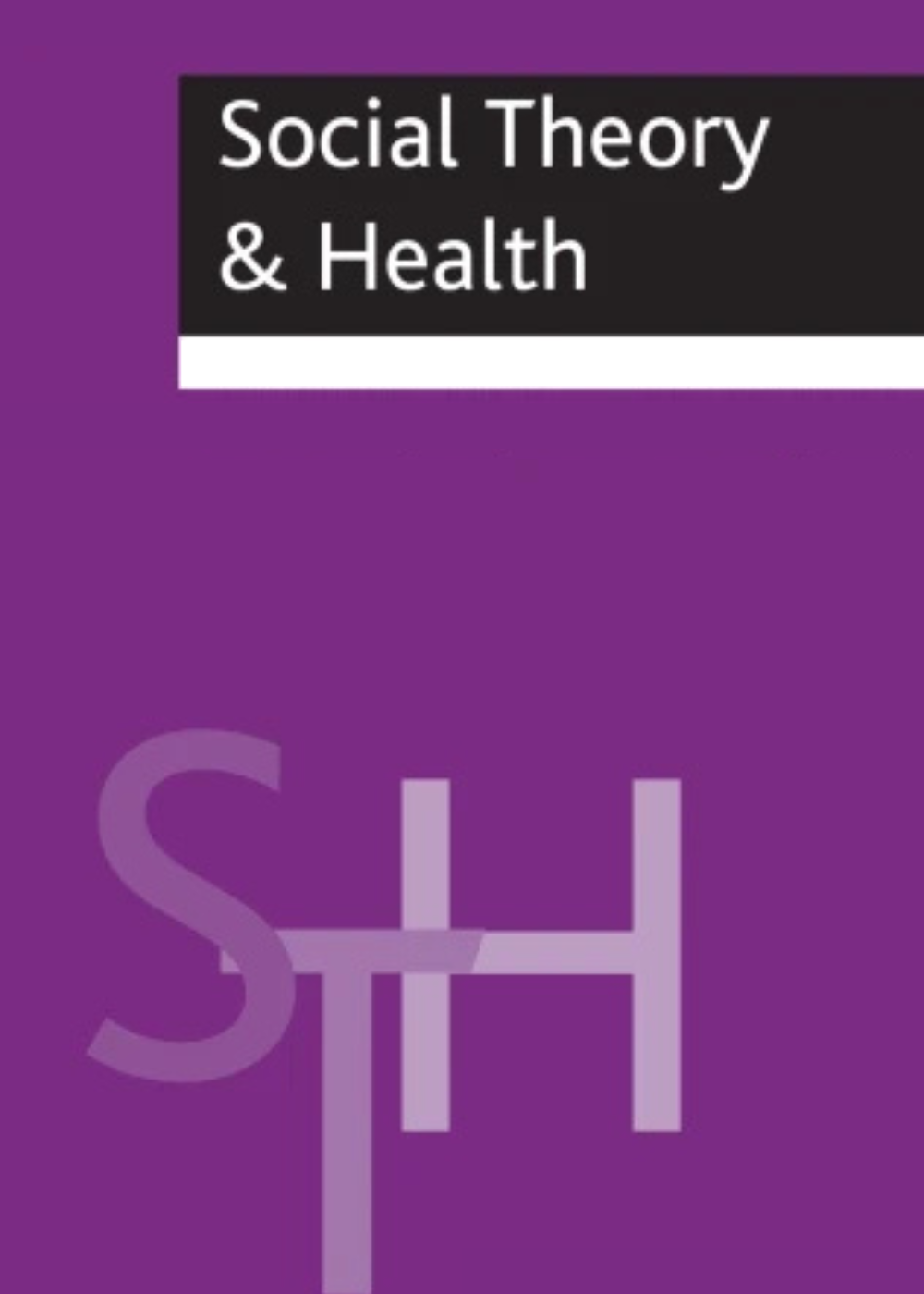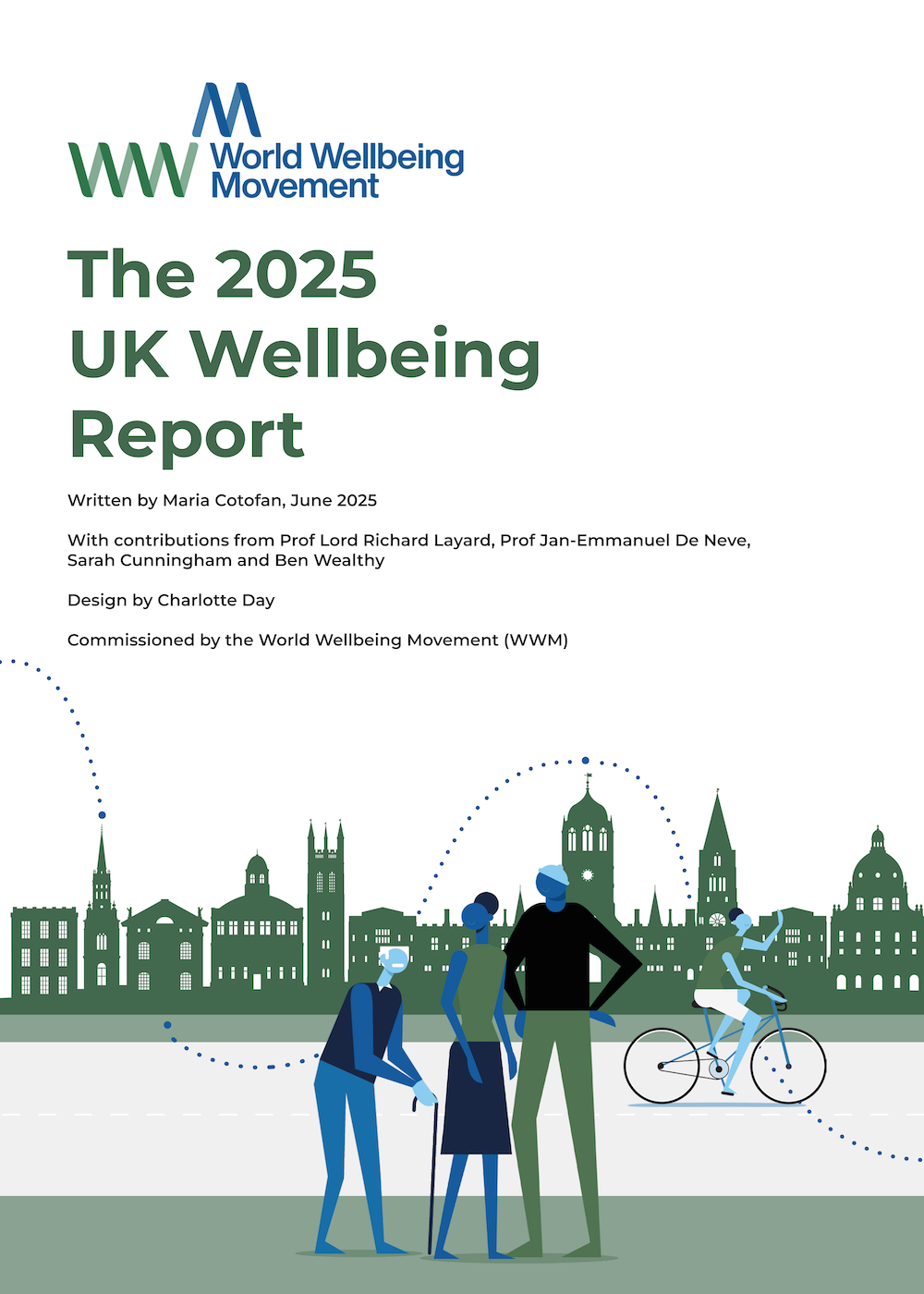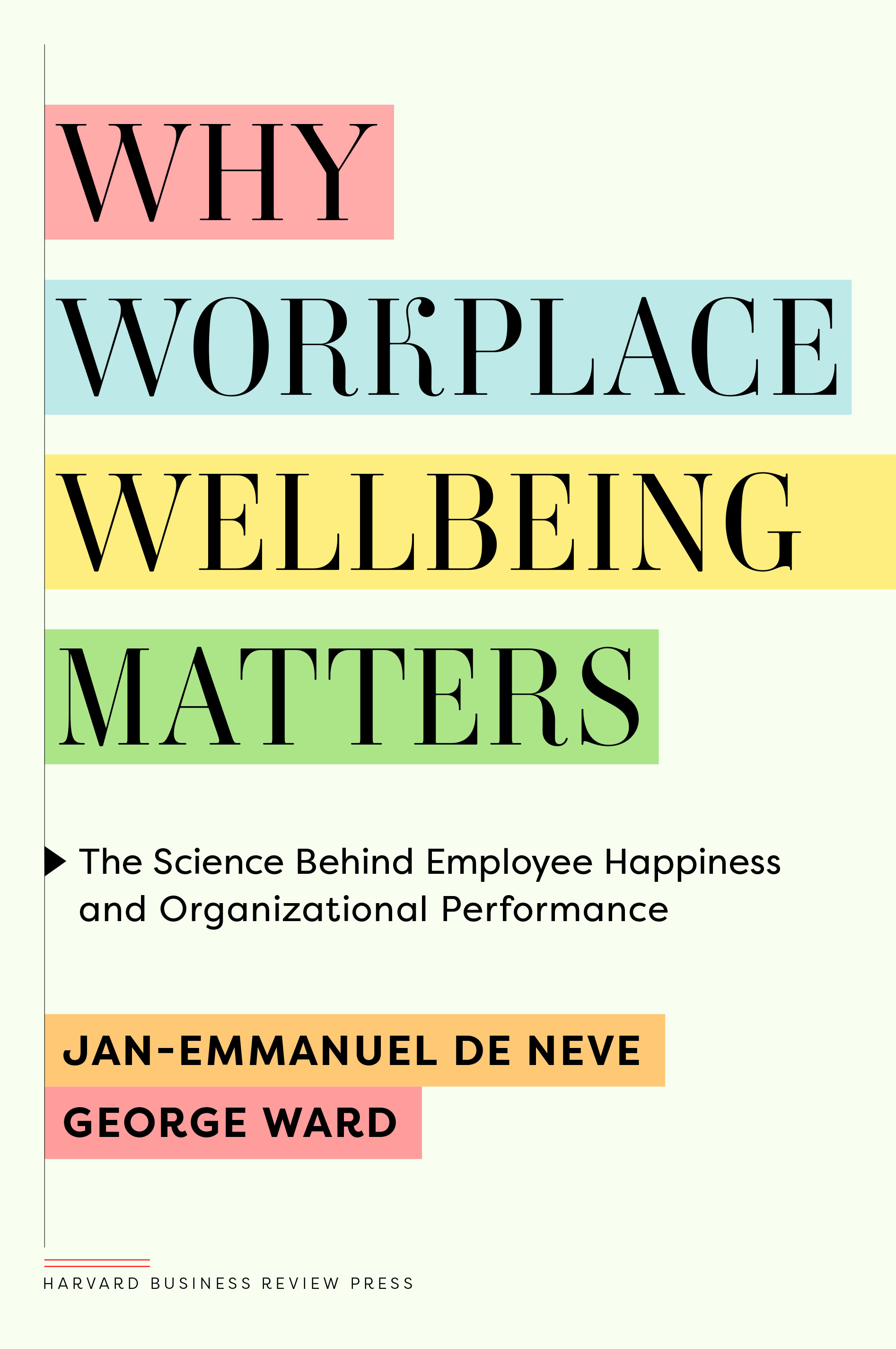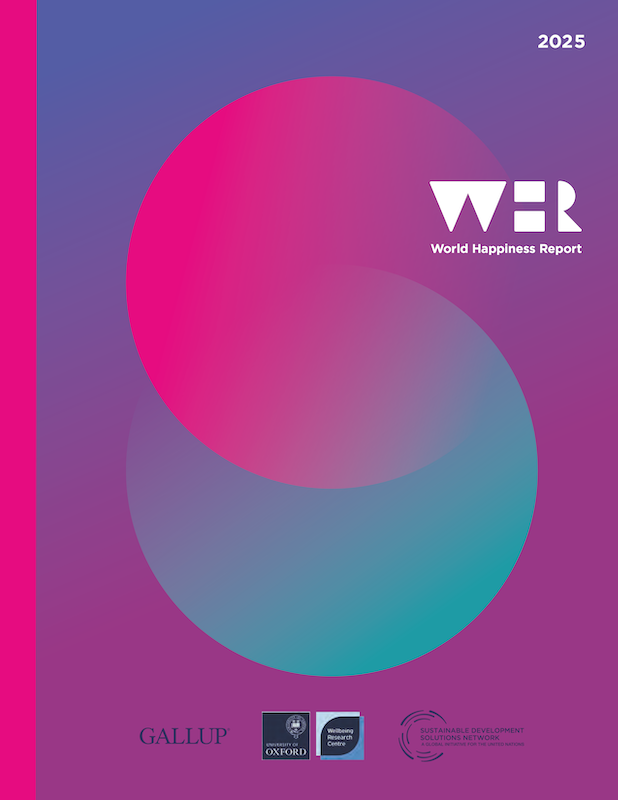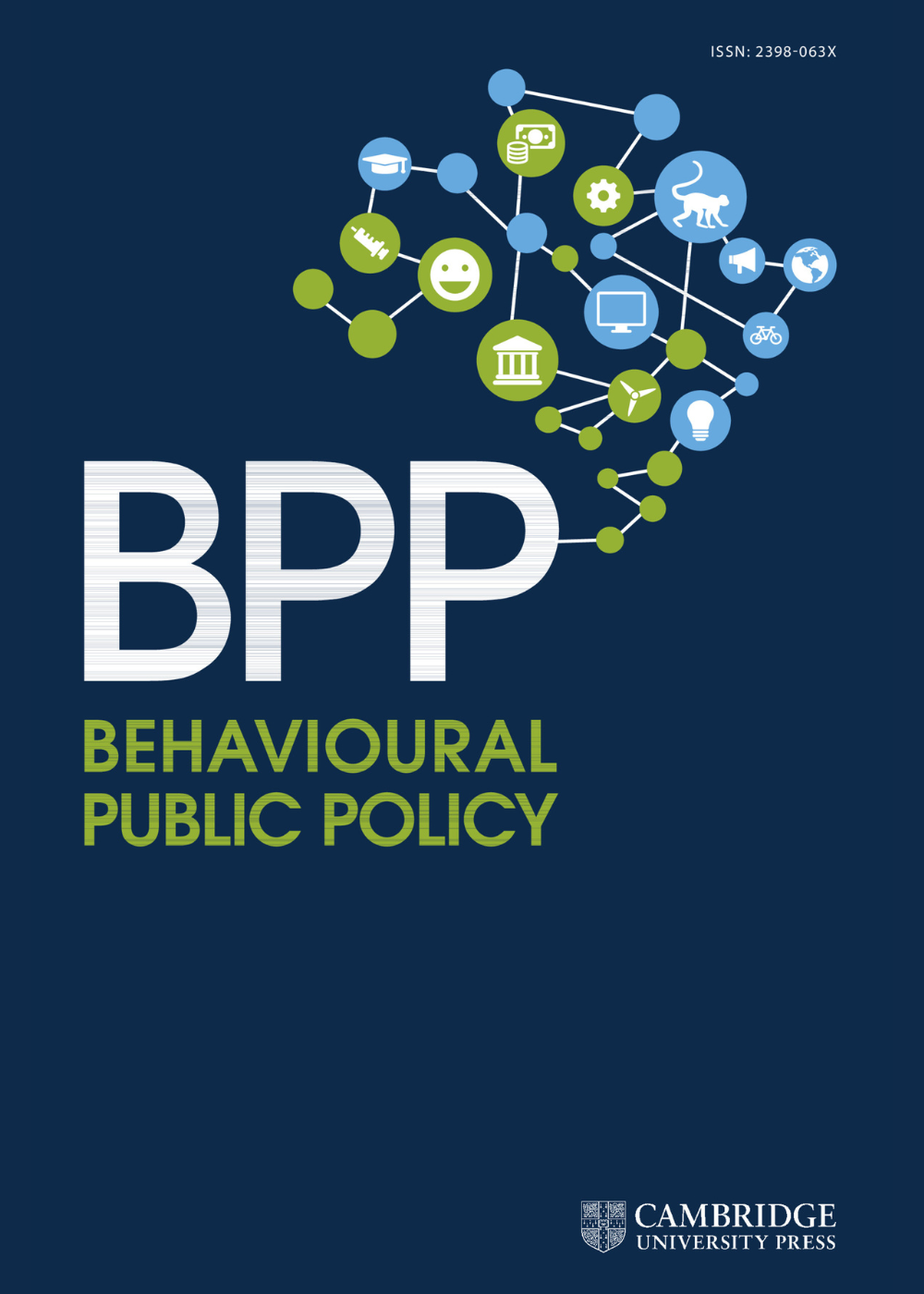
Nudges can be both autonomy-preserving and effective: evidence from a survey and quasi-field experiment
Behavioural Public Policy
Henrico van Roekel, Laura M. Giurge, Carina Schott and Lars Tummers
Abstract
Nudges are widely employed tools within organizations, but they are often criticized for harming autonomy and for being ineffective. We assess these two criticisms simultaneously: can nudges be both autonomy-preserving and effective in changing behavior? We developed three nudges – an opinion leader nudge, a rule-of-thumb and self-nudges – to reduce a particularly sticky behavior: email use. In a survey experiment of 4,112 healthcare employees, we tested their effect on perceived autonomy and subjective effectiveness. We also tested traditional policy instruments for comparison. Next, to assess objective effectiveness, we conducted a quasi-field experiment in a large healthcare organization with an estimate of 1,189 active email users. We found that each nudge in isolation, but especially when combined, was perceived to be both autonomy-preserving and effective, and more so than traditional policy instruments like an access limit or a monetary reward. We also found some evidence that the combination of all nudges decreased actual email use. This paper advances the literature by showing how innovations in nudge design improve nudges’ ability to be autonomy-preserving and effective.
